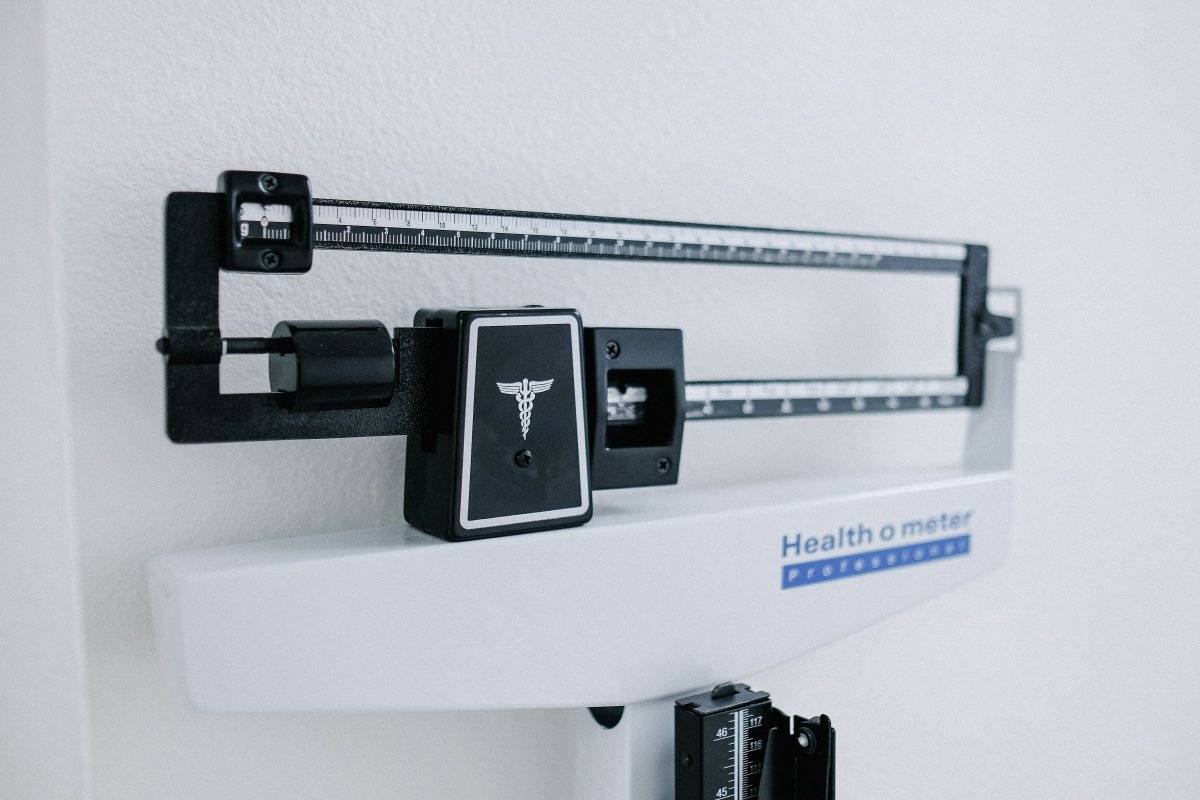The management of obesity has been transformed by the introduction of incretin-based therapies, particularly semaglutide and tirzepatide. Both agents are approved for chronic weight management in adults with obesity or overweight with weight-related comorbidities. This article provides a comparative overview of these medications as anti-obesity agents, with an emphasis on the clinical benefits of semaglutide.
Mechanism of Action
-
Semaglutide is a glucagon-like peptide-1 (GLP-1) receptor agonist. It promotes satiety, reduces appetite, delays gastric emptying, and decreases caloric intake.
-
Tirzepatide is a dual glucose-dependent insulinotropic polypeptide (GIP) and GLP-1 receptor agonist, targeting two incretin pathways to enhance appetite suppression and energy balance.
Efficacy in Weight Loss
Both semaglutide (also known as Wegovy) (2.4 mg weekly) and tirzepatide (known as Mounjaro) (up to 15 mg weekly) have demonstrated substantial weight loss in adults with obesity or overweight without diabetes.
-
Semaglutide:
-
Clinical trials and real-world studies consistently show mean weight loss of approximately 14–15% of baseline body weight at 1 year.
-
In a large real-world cohort, semaglutide 2.4 mg resulted in a mean weight loss of 14.1% (about 14.6 kg) at 12 months.
-
A high proportion of patients achieve clinically meaningful weight loss (≥5%, ≥10%, and ≥15% of baseline weight).
-
Tirzepatide:
-
Recent studies indicate mean weight loss of 16–20% at 1 year, with some head-to-head trials showing greater absolute reductions compared to semaglutide.
-
However, real-world data show that fewer patients reach the maximum tirzepatide dose compared to semaglutide, which may impact effectiveness outside of clinical trials.
Benefits of Semaglutide as a Weight Loss Agent
Extensive Real-World and Clinical Trial Data
-
Semaglutide has been studied in diverse populations and settings, with consistent efficacy in both randomized controlled trials and real-world practice. Its weight loss effects are robust and reproducible.
Predictable and Sustained Weight Loss
-
The majority of patients on semaglutide achieve and maintain clinically significant weight loss over at least 1 year, with a high proportion reaching the maximum recommended dose in routine care.
Well-Characterized Safety Profile
-
Semaglutide’s adverse event profile is well established, with gastrointestinal symptoms (nausea, vomiting, diarrhea) being the most common and typically transient. There is no increased risk of hypoglycemia when used as monotherapy for weight loss.
Dosing Simplicity and Adherence
-
Semaglutide is administered once weekly, and most patients in real-world cohorts are able to titrate to the full 2.4 mg dose, supporting optimal efficacy and adherence.
Established Role in Obesity Management Guidelines
-
Semaglutide is included in major obesity management guidelines as a first-line pharmacologic option for adults with obesity or overweight and weight-related comorbidities.
Clinical Experience and Patient Acceptance
-
With earlier approval and broader clinical use, semaglutide is familiar to clinicians and patients, facilitating shared decision-making and individualized care.
Practical Considerations
-
Dose Escalation: The titration schedule is straightforward, and most patients tolerate dose increases well.
-
Long-Term Data: Semaglutide has longer-term follow-up data supporting sustained weight loss and maintenance.
Conclusion
While tirzepatide may offer greater absolute weight loss in some studies, semaglutide remains a highly effective, well-tolerated, and widely adopted pharmacologic option for chronic weight management. Its predictable efficacy, established safety, and extensive clinical experience make it a cornerstone therapy for adults with obesity or overweight seeking significant and sustained weight reduction.
Key Highlights from Recent ASCO (American Society of Clinical Oncology) Presentations:
-
Obesity-Related Cancer Risk Reduction:
-
Data presented at ASCO 2025 indicated that GLP-1 receptor agonists, including semaglutide, may modestly reduce the risk of developing obesity-related cancers in people with diabetes. This finding supports the potential role of semaglutide not only in weight management but also in cancer prevention strategies for high-risk populations.
-
Weight Management in Cancer Patients:
-
Studies presented at ASCO evaluated the use of semaglutide (and tirzepatide) for weight loss in women with early-stage (I–III) breast cancer. These studies demonstrated that semaglutide is effective in achieving clinically meaningful weight loss in this population, which is significant given the association between obesity and adverse cancer outcomes.
-
The safety profile in these patients was consistent with previous studies, with gastrointestinal side effects being the most common and generally manageable.
-
Drug-Drug Interactions in Oncology:
-
Additional research highlighted the importance of monitoring for potential drug-drug interactions when semaglutide is used alongside certain cancer therapies. For example, one study found that semaglutide may decrease the exposure of alectinib (used in ALK-positive non-small cell lung cancer), suggesting the need for careful therapeutic monitoring in patients receiving both agents.
Clinical Implications:
-
Semaglutide is emerging as a valuable adjunct in the supportive care of oncology patients, particularly for weight management and potentially for reducing the risk of obesity-related cancers.
-
Its use in cancer populations should be individualized, with attention to possible interactions with anticancer agents.
These findings reinforce the expanding role of semaglutide beyond diabetes and general obesity management, highlighting its relevance in oncology care and survivorship.
References:
Ozempic 0.5 mg solution for injection in pre-filled pen - Summary of Product Characteristics (SmPC) - (emc) | 9750, https://www.medicines.org.uk/emc/product/9750/smpc#gref. Accessed 20 August 2025.
Anti-inflammatory benefits of semaglutide: State of the art, https://pmc.ncbi.nlm.nih.gov/articles/PMC10992717/. Accessed 20 August 2025.
Russell, George. “GLP-1 Agonists May Reduce Obesity-Related Cancer Risk.” Oncology Central, 23 May 2025, https://www.oncology-central.com/asco-2025-glp-1-agonists-show-potential-in-reducing-obesity-related-cancer-risk/. Accessed 20 August 2025.
“Wegovy: what to know about the weight-loss injection.” British Heart Foundation, https://www.bhf.org.uk/informationsupport/heart-matters-magazine/medical/ask-the-experts/wegovy. Accessed 20 August 2025.





Share:
The Future of Weight Loss: What Researchers Are Working on Right Now
Understanding Semaglutide and how it works